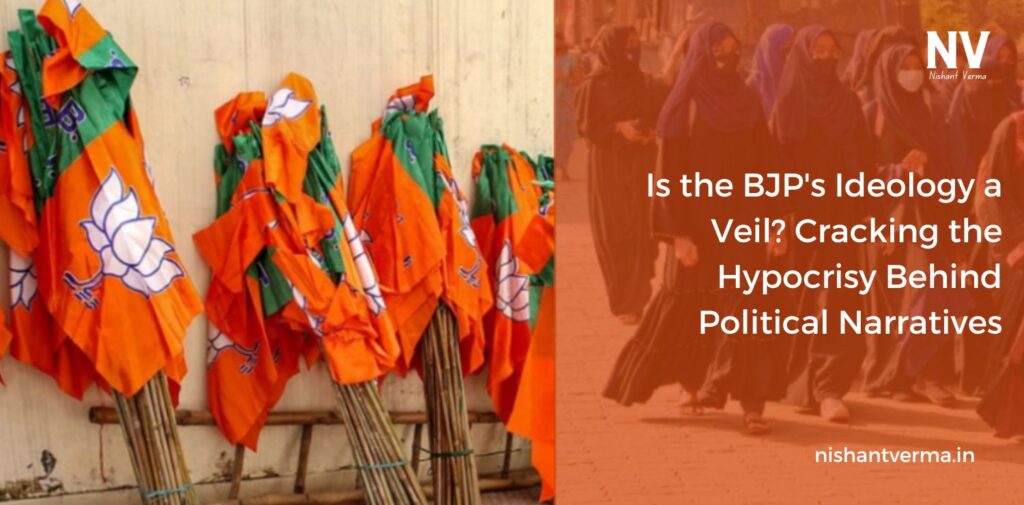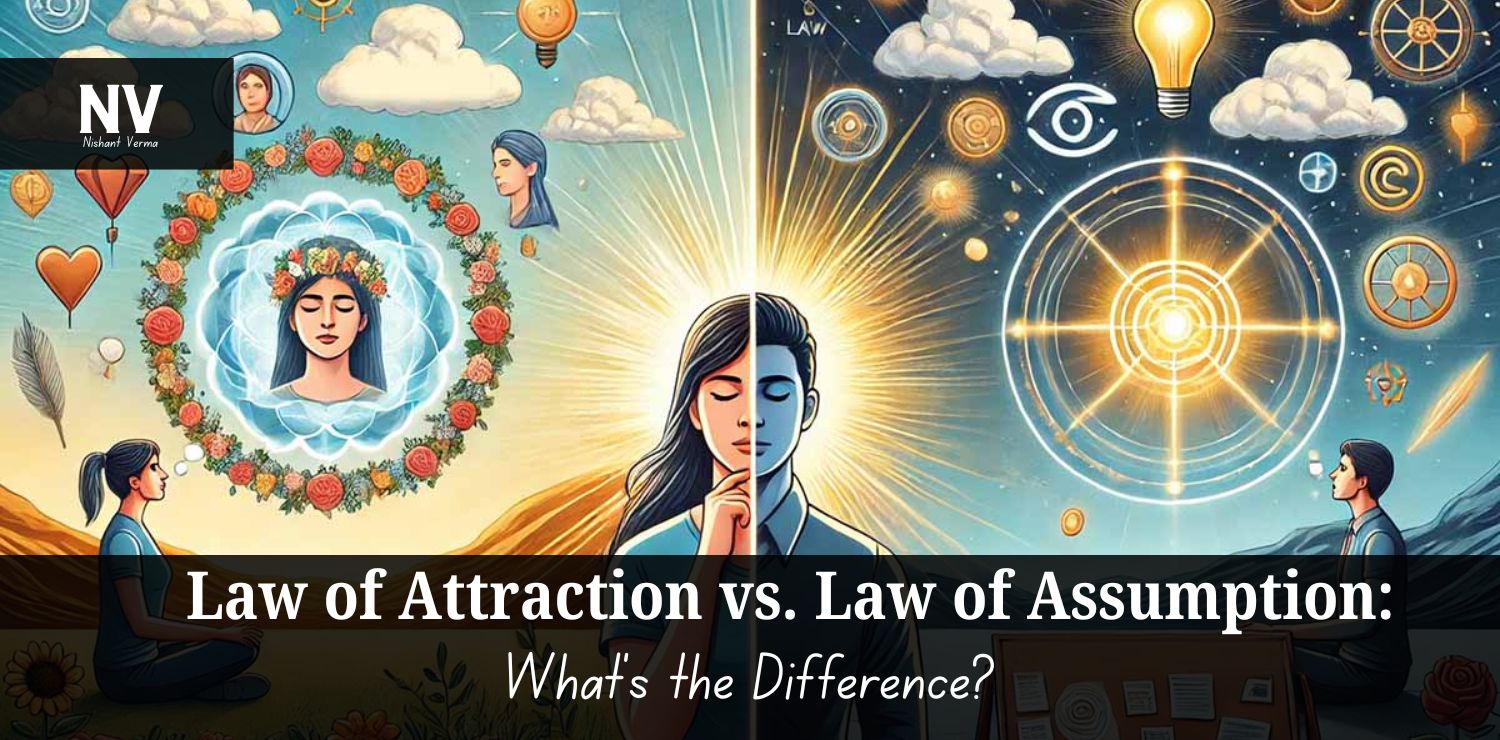Recent headlines about the son of a BJP corporator marrying a Pakistani woman over a video call have ignited intense discussions across social media and news platforms. This unusual event not only showcases the intricacies of cross-border relationships in an era of globalization but also invites a deeper examination of the contradictions inherent in political ideologies, particularly those espoused by the Bharatiya Janata Party (BJP). In a country as diverse and complex as India, this marriage highlights the tension between personal choices and the often rigid narratives promoted by political entities.
The Context of the Marriage
The wedding, conducted through a video call due to visa constraints, epitomizes the challenges faced by many in forging connections across national borders. While the ceremony adhered to Islamic traditions, it underscores the autonomy individuals possess in making personal decisions that may not align with prevailing political sentiments. Marriage brings to light not only the individual’s right to choose but also the cultural fluidity that exists even amid political strife.
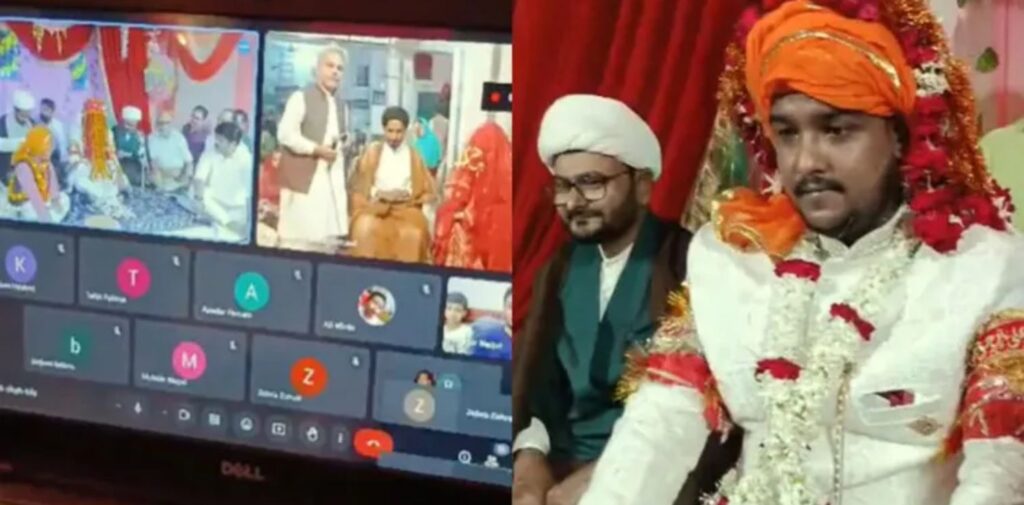
Hindutva Ideology vs. Individual Freedom
The BJP has consistently positioned itself as the torchbearer of Hindutva, celebrating Hindu cultural values while often casting a critical eye on interfaith relationships. The very fact that the son of a BJP corporator has chosen to marry a Muslim woman raises pivotal questions regarding the party’s foundational beliefs. How does the BJP reconcile its vocal advocacy for a homogeneous cultural identity with the personal choices made by its members that challenge such ideologies?
This situation brings to the forefront the often-unexamined dichotomy between public proclamations and private realities. Leaders who espouse a singular narrative of identity may find their stances complicated by personal relationships that deviate from that script. If the BJP advocates for a cultural homogeneity rooted in Hindu nationalism, how can they justify individual actions that embrace diversity?
The Complex Reality of “Love Jihad”
The term “love jihad” has been a flashpoint in Indian politics, frequently invoked to allege that Muslim men are directing campaigns to convert Hindu women through marriage. However, this marriage disrupts that oversimplified narrative, revealing the complexities of love and commitment that exist beyond political rhetoric. The union highlights the individuality of choice, contrasting sharply with the attempts to reduce personal relationships to mere political tools.
The idea that interfaith relationships are inherently conspiratorial collapses under the weight of personal stories like this one. It challenges the narrative that portrays such unions as part of a larger agenda and instead reveals them as authentic, personal decisions.
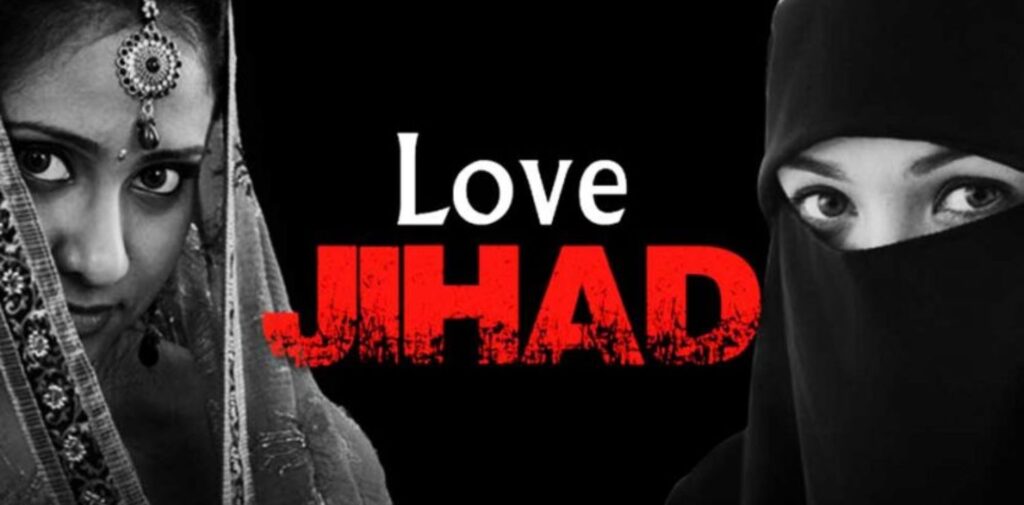
Double Standards in Political Rhetoric
Political leaders often preach adherence to cultural values while their personal lives tell a different story. This scenario raises a compelling issue of double standards: should leaders be held accountable for the ideologies they promote? If the BJP publicly endorses a rigid framework of cultural identity, it must grapple with the implications of its members’ personal choices that contradict that narrative.
The inconsistency between public rhetoric and private behaviour can lead to public disillusionment. People may rightly ask whether they can trust leaders who advocate for a specific set of values while not practising them in their own lives. The expectation for consistency between ideology and action is not merely a matter of ethics; it’s a crucial component of maintaining public trust.
Public Sentiment and Political Manipulation
This marriage serves as a powerful lens through which to analyze political sentiment and manipulation. In a politically charged environment, leaders often exploit cultural narratives to galvanize support or electoral gains. The BJP’s approach to relationships across cultural lines has historically aimed to resonate with a specific demographic while vilifying others.
Should the BJP seek to downplay or ignore this marriage, they risk alienating a segment of the population that values individual choice and cultural diversity. Conversely, embracing this event could lead to a reevaluation of the party’s narrative, prompting discussions about the importance of inclusivity and acceptance in a pluralistic society.
The intersection of personal life and public persona can significantly influence political capital. If leaders are seen to embody the values they espouse, it enhances their credibility. However, if their personal lives starkly contrast with their political ideologies, it risks undermining their authority.
The Imperative for Consistency
For any political party to maintain credibility, consistency between its values and the actions of its members is essential. The BJP, like any political entity, must recognize that the actions of its leaders reflect on the party as a whole. When individuals in positions of influence make personal decisions that diverge from the party’s public messaging, it raises questions about the authenticity of that message.
Can the BJP realistically demand certain behaviours or beliefs from the public if its leaders do not embody these ideals? The challenge lies in reconciling personal choices with collective narratives. This marriage can serve as a case study for the BJP as it navigates the complex terrain of identity politics in India.
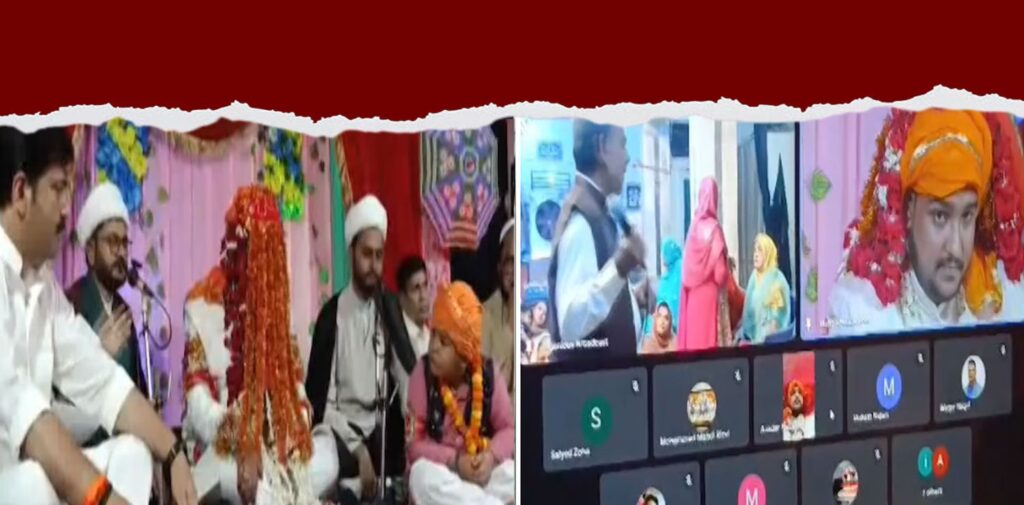
Conclusion: BJP Ideology a Veil
The marriage of the BJP corporator’s son serves as a compelling narrative that brings to light the intersection of personal choice and political ideology. It compels both party leaders and the public to reflect on the authenticity of political commitments and the implications of personal actions on broader narratives.
As this situation unfolds, it will be crucial for the public to critically engage with the consistency of political messaging. The reality is that beneath the grandiose declarations of political parties, individuals navigate their lives in multifaceted ways that may contradict the broader messages being propagated.
The question remains: Will the BJP take this opportunity to reflect on its ideological stance and embrace a more nuanced understanding of personal relationships? Or will it continue to uphold rigid narratives that fail to recognize the complexity of human connections? The answer may well determine not just the party’s future, but also the evolving nature of political discourse in India.

